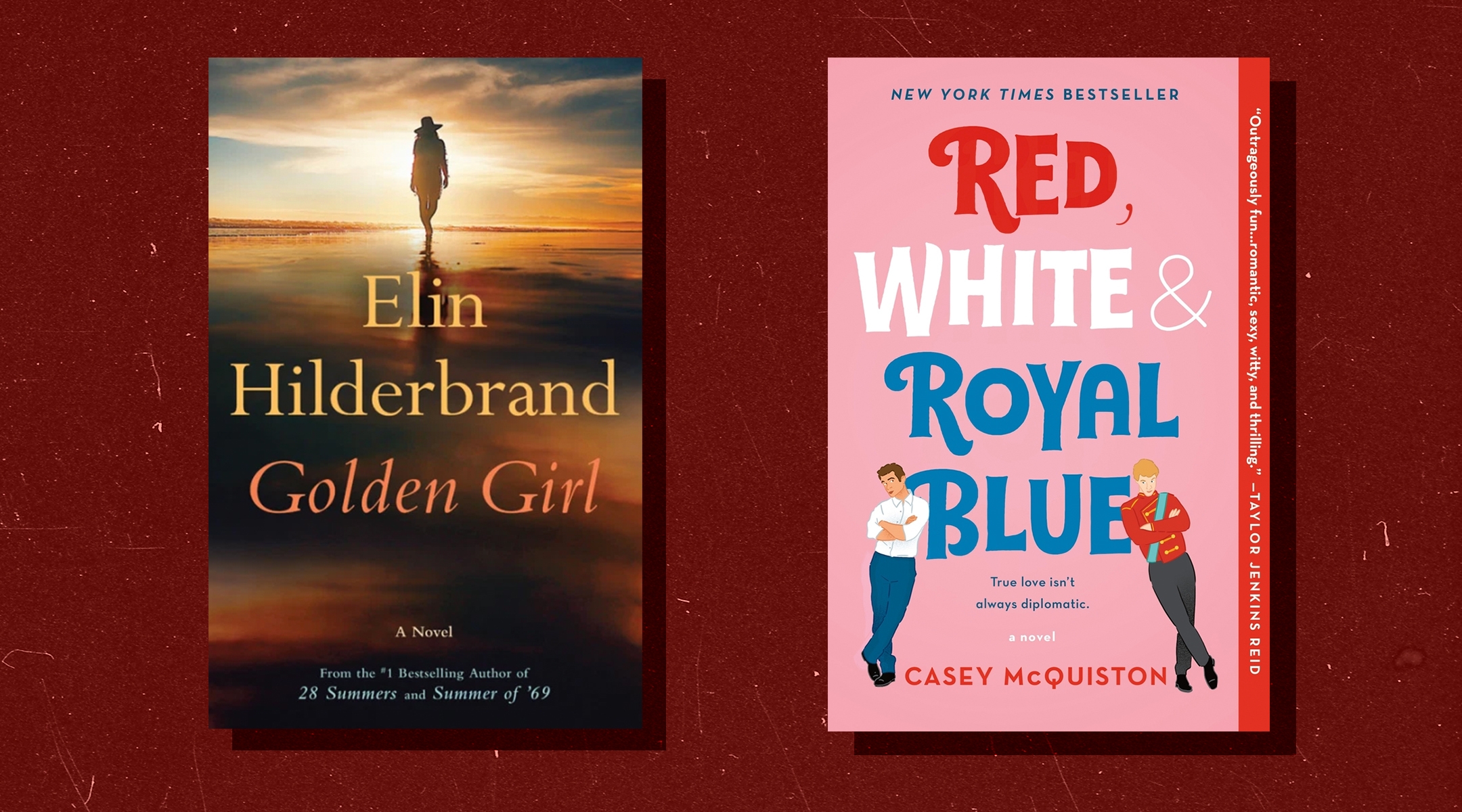(JTA) — Bestselling authors Elin Hilderbrand and Casey McQuiston removed references to Anne Frank and Israel from their novels this week following an outcry on social media from small subsets of readers.
The moves have ignited a storm of controversy in the literary world.
The campaigns against the books have been successful despite appearing to be relatively small in size, and originate from wildly different perspectives on Jews and Israel. One takes the authors to task for a joke perceived as antisemitic, while the other objects to the mere mention of Israel.
In the former case, the first edition of Hilderbrand’s new novel, “Golden Girl,” contains a line of dialogue in which two teenage girls in Nantucket discuss a plan for one of them to hide in her friend’s attic for the summer. One of the girls then jokes that she would be “like Anne Frank.”
Some readers on Instagram said the joke was antisemitic and demanded an apology from Hilderbrand. The author issued one and announced she would be removing the passage from future printings of the book.
McQuiston, a romance novelist, is taken to task for the 2019 novel “Red, White & Royal Blue,” about a romance between the son of the U.S. president and a prince of England. The president jokes that the U.S. ambassador to the United Nations “said something idiotic about Israel, and now I have to call Netanyahu and personally apologize.”
A handful of Twitter users wrote that even mentioning Israel in fiction “normalizes” the occupation of Palestine. Their complaints were amplified by a fan account of the book, which prompted McQuiston to say the line would be changed for future printings. McQuiston has a new book coming out this year.
The authors’ decisions to remove the passages from future printings have been criticized on Twitter by Slate books columnist Laura Miller and many prominent authors, including Taffy Brodesser-Akner and Mark Harris, who are Jewish. Several compared the incidents to other recent campaigns against young-adult novels for perceived cultural insensitivities, saying that many readers on social media have lost the ability to distinguish between a character’s points of view and the author’s.
“Complaining about other, more successful writers is one of the most popular activities on Twitter, as is devising elaborately exacting standards of correct speech and vigorously, if informally, prosecuting those who violate them,” Miller wrote. “What’s unusual about these two examples is how rapidly both authors caved in the face of what appear to be very small posses of critics.”
JTA has documented Jewish history in real-time for over a century. Keep our journalism strong by joining us in supporting independent, award-winning reporting.






